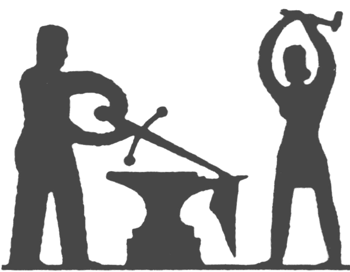The Church at the End of the World by Sharla Moody, Yale Daily News, Nov. 25, 2020
Mark Colville is relaxed for someone expecting to be sentenced to federal prison in a few weeks. He stands in front of a stove, white hair sticking out from under his hat, cracking eggs on the stove and piercing the yolks with the shells. As he cooks, he talks about his expectations for the hearing, and how the COVID-19 pandemic has forced him to choose between traveling out of state for an in-person hearing or being sentenced via a virtual meeting. He rolls up the sleeves of his sweatshirt, flips the eggs, then adds slices of cheese and hot dogs. He’s not worried, he says as he glances up from the food, even though it’s a less-than-ideal situation. He’s been arrested as an activist so many times he’s lost count, and he has spent enough time behind bars that he feels prepared for what awaits him. He places the eggs and hot dogs between two bagel halves and wraps them in aluminum foil before handing them off to another man, who will distribute them to hungry people standing outside in the rain. Then, he cracks more eggs.
On April 4, 2018, Colville, who lives in New Haven’s Hill neighborhood, and six other Catholic activists who call themselves the Kings Bay Plowshares 7, broke into Kings Bay Naval Base in Camden County, Georgia. Among the activists were a Jesuit priest, a couple of grandparents and a journalist. Under the cover of darkness, they cut a padlock on a gate and replaced it with another to cover their tracks. They walked several miles by moonlight to a bunker that stores nuclear weapons and vandalized models of nuclear missiles. They were convicted as a group of three felonies and one misdemeanor — conspiracy, destruction of government property, depredation and trespassing. As of November 2020, six of them have already been sentenced. Colville expects to be sentenced in December.
“I’m worried about the end of the world,” Colville chuckled. “I’m not worried about going to prison.”
